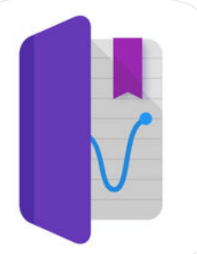OTAN News
Google Science Journal: A lab in your pocket
 Sometimes an app truly demonstrates the power of mobile. Google’s Science Journal app transforms your mobile device into a little science laboratory, encouraging students to conduct authentic experiments, collect and visualize data and record observations from the world around them.
Sometimes an app truly demonstrates the power of mobile. Google’s Science Journal app transforms your mobile device into a little science laboratory, encouraging students to conduct authentic experiments, collect and visualize data and record observations from the world around them.
Use it to enhance learning in your classrooms and in the field, and to facilitate the development of your own citizen scientists.
Released last year, the free app available for Android, iOS and most Chromebooks, has been significantly updated. It offers a suite of tools that in the past would have to be purchased at rather prohibitive cost–tools to measure light, motion, sound, G-forces and more. Among the newer tools are a linear accelerometer, a magnetometer and a compass. The note-taking feature is now integrated into the experimental timeline and there’s an improved snapshot mode. Young scientists can now compare results and set up triggers for their recordings.
While the app offers ample and exciting opportunities for open-ended exploration, students and teachers can choose from a long list of free interdisciplinary experiments , developed through university and educational start-up partners, that include media-rich, step-by-step instructions. Among those partners are the California Academy of Sciences, the New York Hall of Science, and Science Buddies.
Experiments may be filtered and browsed by level, equipment, author, duration and features. These are not just for classroom use. Consider the field possibilities for summer learning!
Source: School Library Journal

